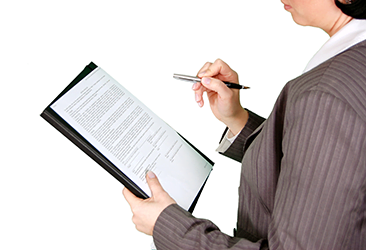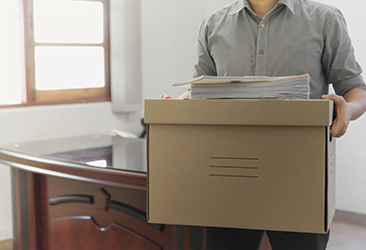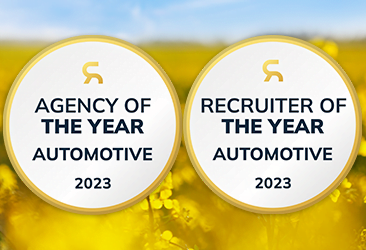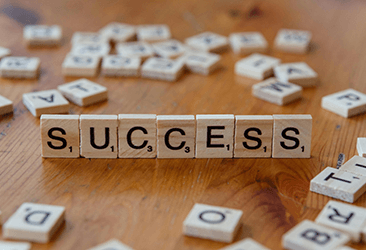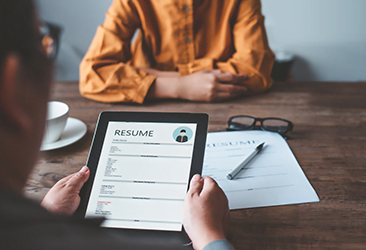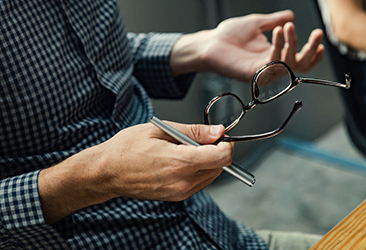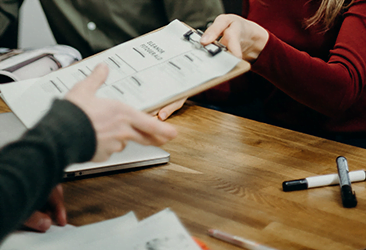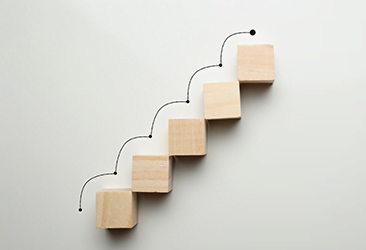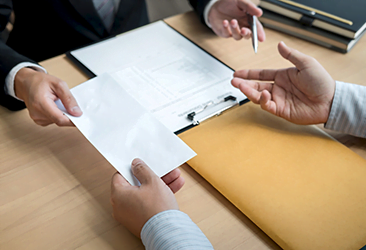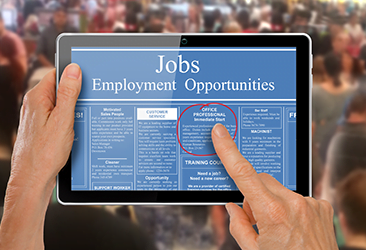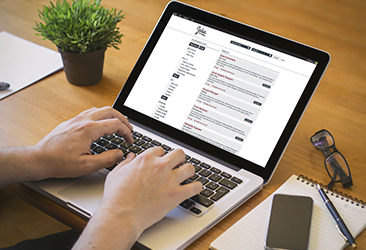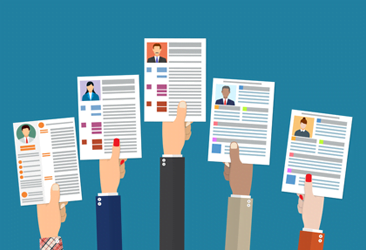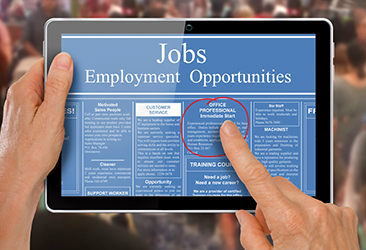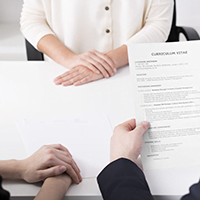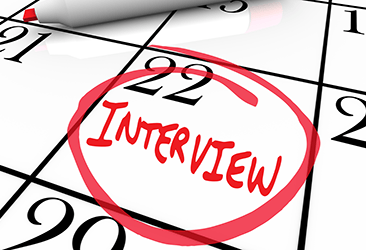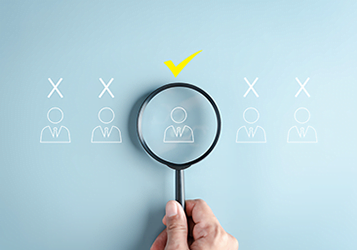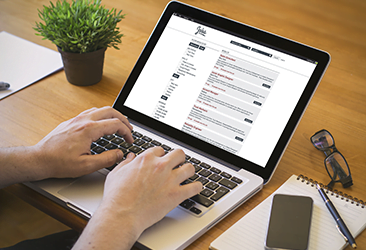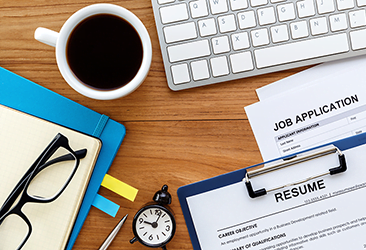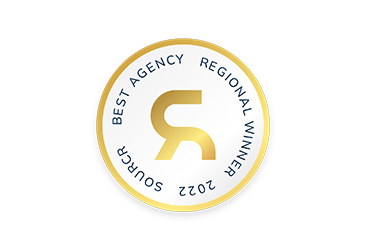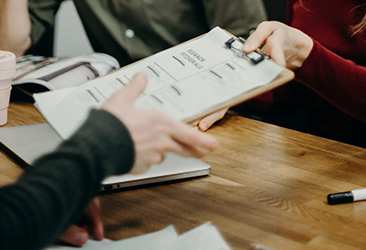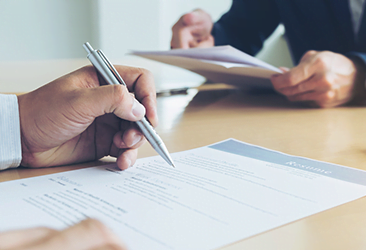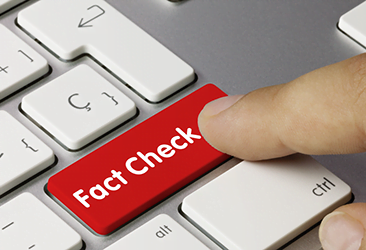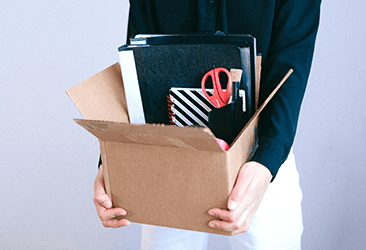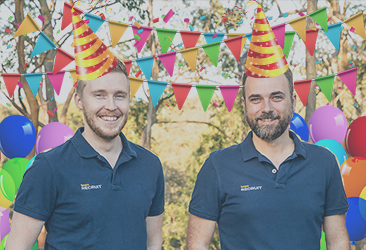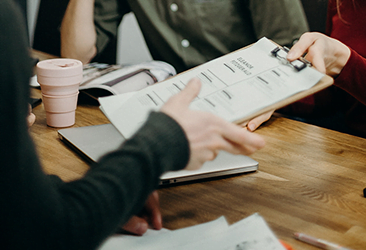With over 10 years of experience in the dealership recruitment industry, we know exactly what employers want to see during an interview. Here we share some of our top interview tips and tricks that are sure to come in handy.
The importance of having a good interview

There’s no question that an interview is a stressful situation. It’s one of the few scenarios where you will be put directly in the spotlight and judged on every word you say. The pressure can prove too much for many candidates; however it is important to hold your nerve as best as possible, as most employers simply won’t employ someone if they don’t interview well.
Preparation is key
It’s also important to arrive to the interview on time. Aim to get there early, and wait in your car or a nearby cafe until it’s time to go in. Arriving 5 to 10 minutes before the scheduled interview is ideal. Arriving earlier can make you seem pushy or impatient, while arriving at the exact time of the interview will be viewed as being late.
Interviewing is a two-way street
In an interview, you should be given the opportunity to ask a few questions. Use this as your chance to gain some control over the process and get on the front foot. Try to ask questions that will help you find out more about the dealership, while also allowing you to demonstrate why you’d be a great fit for the role and business.
Here are some examples of good questions we’ve seen candidates ask in interviews that tend to be well-received by employers:
| Example question | Why it works |
What are your expectations for the role during the first 30-60 days, 6 months and first year? |
|
| What do you think are the most important qualities someone needs to excel in the role? |
|
| What are the biggest challenges facing the company or department right now? |
|
| What are the biggest opportunities facing the company or department right now? |
|
| Does the company have an expectation of the salary that will be offered to the successful candidate? |
|
| What is the next step of the process from here? |
|
Following up after the interview
If you need to contact them for a progress update, do it in line with the expectations they’ve set. If at the interview they said they would be conducting more interviews over the next week, don’t contact them after 3 days. However, if they said you’ll hear from them in the next couple of days and by day 3 or 4 you still haven’t heard anything, it may be worth checking in with them to see how the process is moving along.
Here are some helpful articles we're written that may help during the interview process
Teamrecruit is Australia’s most established recruitment agency specialising in truck, earthmoving and agricultural machinery dealerships in Australia, New Zealand, the South Pacific and Southeast Asia. Find out more about Teamrecruit and how we support employers and candidates in the dealership industry.


